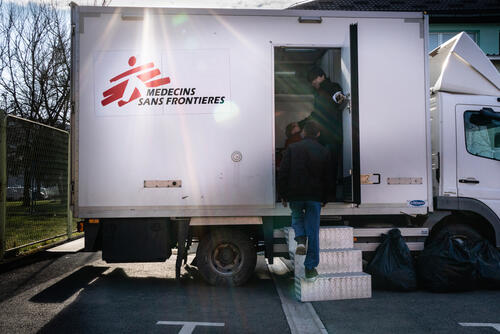Between 2018-2021, the country saw the arrival of more than 75,000 migrants and refugees, mainly from countries such as Pakistan, Afghanistan, Syria, Iraq and beyond. They were often fleeing conflict and poverty in their countries and were in search of safety.
People have found themselves cut off from healthcare and basic services in Bosnia-Herzegovina, trapped between border areas and often become victims of illegal pushbacks. They are often brutalised not only by state authorities and smugglers but also by the living conditions they find themselves in. Between 2018-2021, our teams provided first aid and medical care through a mobile unit along the Bosnian borders.
Our activities in 2021 in the Balkans
Data and information from the International Activity Report 2021; staff and expenditure figures, and description and data on activities cover both Bosnia-Herzegovina and Serbia.
13
13
€0.5 M
0.5M
1991
1991
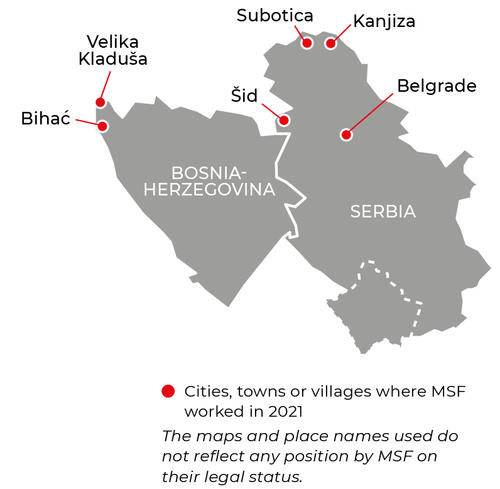

3,140
3,14
450
45
120
12
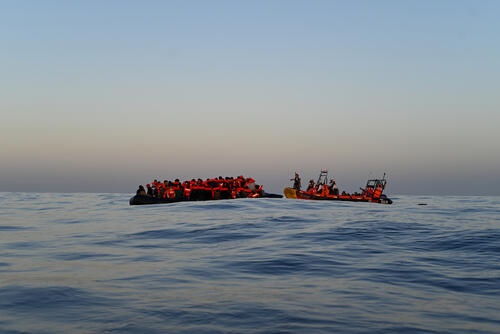
EU leaders continue to push through deadly policies for migrants
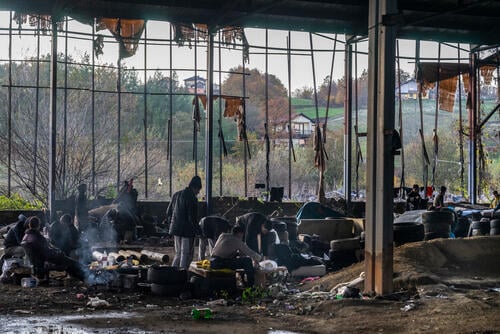
Beaten, cold, sick and stranded: migrants and asylum seekers in Bosnia
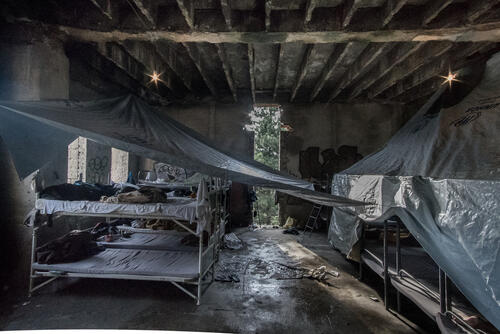
Push-backs, violence and inadequate conditions at the Balkan route’s new frontier

MSF releases case study that reveals the organisation’s dilemmas to position itself in the face of the Srebrenica events

Vital questions unanswered by Dutch inquiry into Srebrenica massacre




